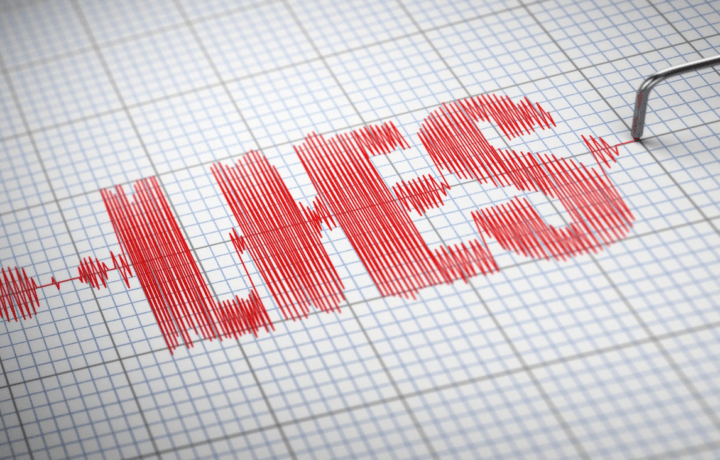Few things evoke anxiety for security clearance applicants quite like the polygraph examination. The reason for this phenomenon isn’t uniform: some applicants are worried about being caught in a lie; others have nothing to hide but worry about losing a job solely because the examiner thinks they do.
The Science Behind the Polygraph
Ironically, there is no scientific evidence that the polygraph actually works as a “lie detector.” Instead, scientific evaluations of the polygraph have consistently found that it doesn’t work because there is no common physiological response to lying. Our justice system acknowledges this by barring the introduction of polygraph evidence in most situations. Yet, our intelligence community continues to use the polygraph as the great arbiter of security-worthiness.
The IC’s decision to continue using the polygraph even in the face of voluminous evidence debunking its scientific effectiveness is rooted in perception. Quite simply, it scares people – and scared people say and do things they wouldn’t normally say or do.
It’s all About Control
Being scared is part psychological and part physical. The psychological comes into play when applicants over-think the test or start reading horror stories online in advance of their examination. But even if you don’t allow yourself to get sucked down the Reddit rabbit hole[1], psychology is something that’s difficult to control, especially for inherently anxious people. Easier to control is one’s physiology. And the best way to do that is to keep one’s usual routine during the day of the polygraph examination.
For example:
- Take your usual medications at the usual times, if applicable
- If you normally exercise, do the same exercise routine at the same time
- Consume whatever food and beverages are normal for you at the times you normally consume them
Day of Polygraph Habits
Make no mistake about it: I’m not advocating trying to “beat” the polygraph machine; it is a federal offense to lie to the government. My use of the word “control” isn’t meant to imply using counter-measures to evade answering questions truthfully. What I am saying is that examinees who suddenly discard their usual routine on the day of the polygraph – as many seem to do out of nervousness – risk skewing their physiology in a way that erroneously creates the perception of elevated anxiety. Without a bona fide medical diagnosis to accompany that, the perception of the polygraph examiner may be that the examinee is nervous because s/he has something to hide. As I’ve seen so many times, the examiner will then doggedly pursue various accusations and lines of questioning in an effort to uncover the “hidden dirt.” The examinee invariably panics and then either begins divulging non-responsive, unflattering information to satisfy the examiner (which then can be used to deny the security clearance) or clams up and is accused of non-cooperation. Neither scenarios are good and both are usually avoidable.
The bottom line is this: to maximize your chances of success, treat your polygraph examination day just like any other day. Don’t build it up in your head as a crisis event and don’t switch up your normal habits. If you approach the polygraph like just another day, it probably will be. If you approach it like a dragon that requires slaying, it might just become one.
This article is intended as general information only and should not be construed as legal advice. Consult an attorney regarding your specific situation.
[1] You should never research how the polygraph machine works before taking an examination. Examiners frequently ask what, if any, research the examinee has done on the test beforehand, and they don’t like it when an examinee peers too far behind the proverbial curtain. Doing this is a quick way to get disqualified.



